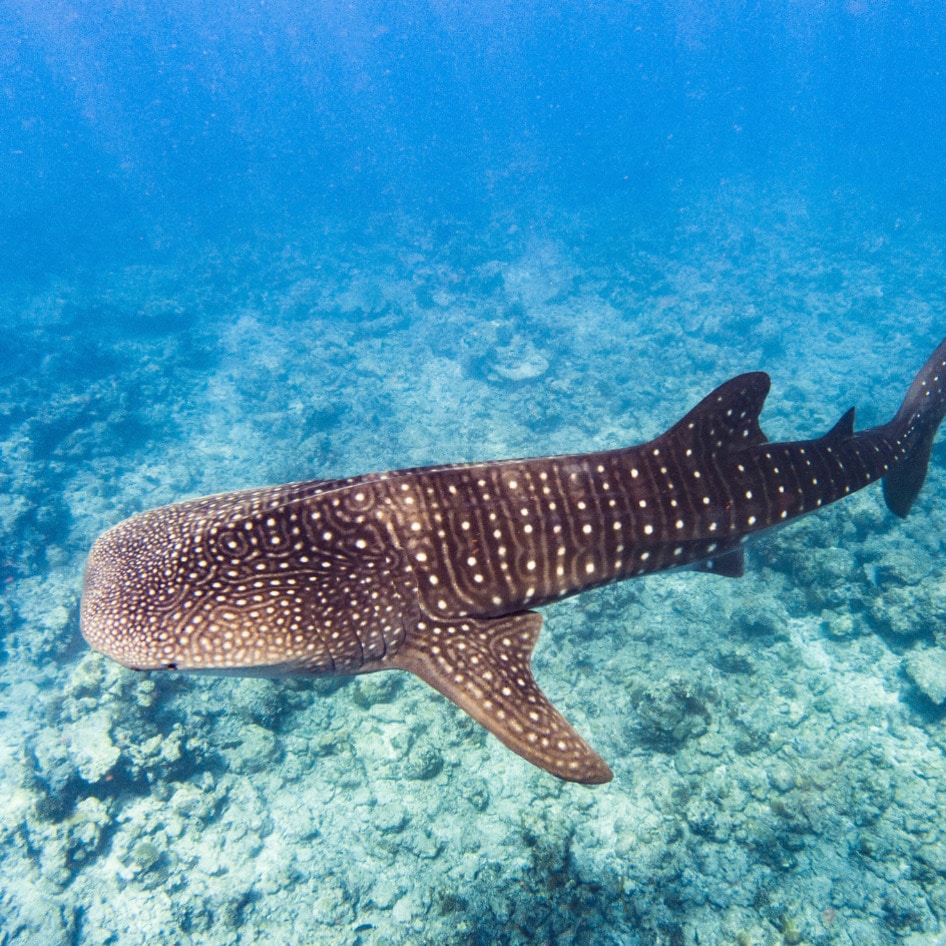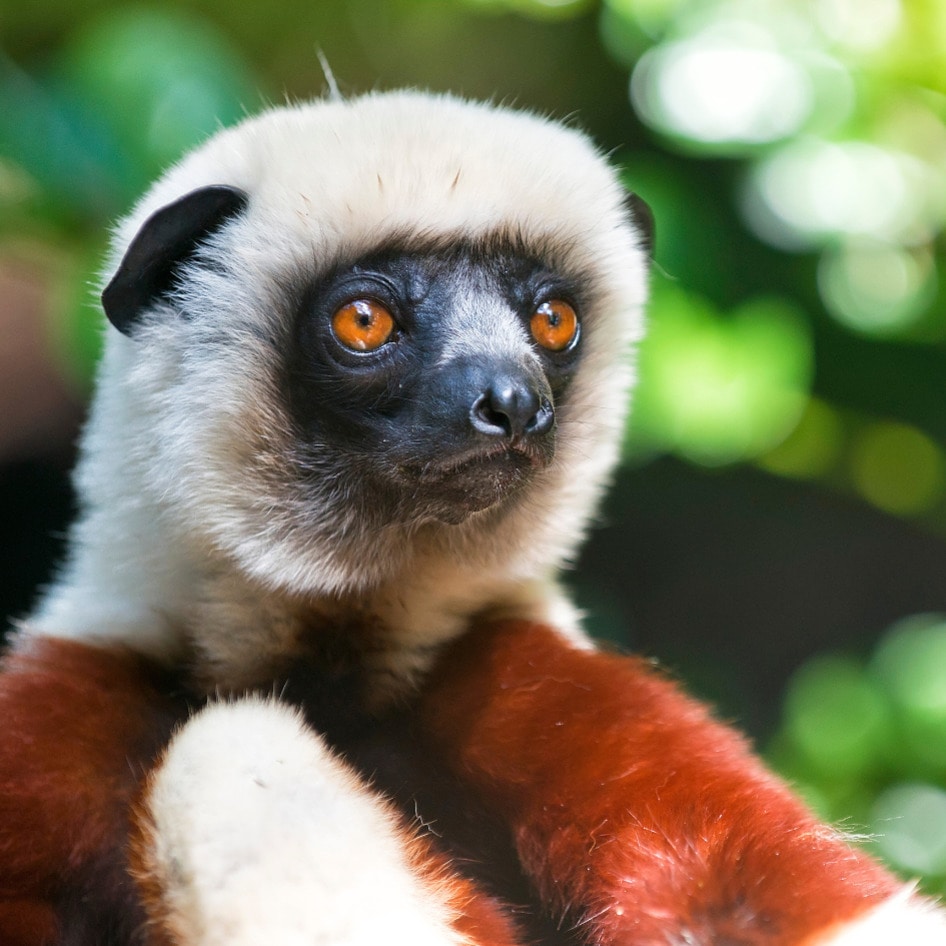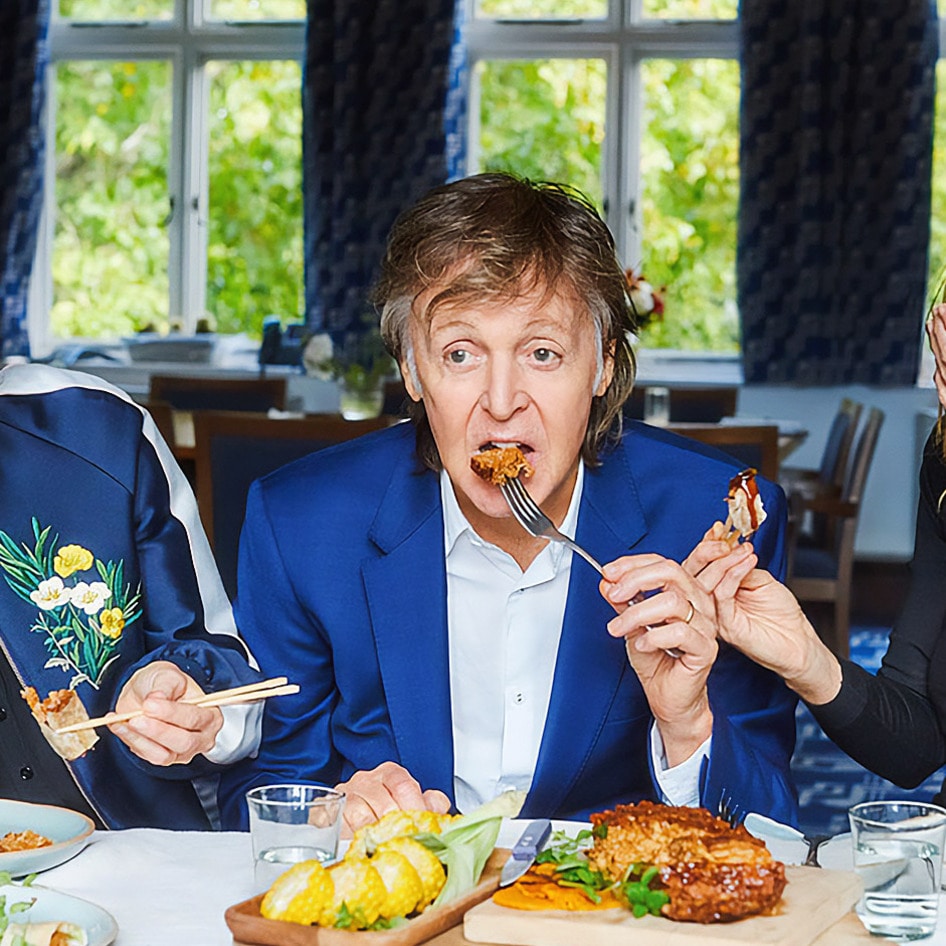Researchers suggest that meat-eaters and poachers are responsible for driving 59 percent of the largest animals on earth (or “megafauna”) toward extinction according to a new report published in scientific journal Conservation Letters. Megafauna is a term for a group of 362 of the world’s largest animals (both currently living and extinct, the 262 surviving members of which include elephants, rhinoceros, tortoises, whales, and sharks). “Direct harvesting of megafauna for human consumption of meat or body parts is the largest individual threat to each of the classes examined, and a threat for 98 percent of threatened species with threat data available,” lead study author William Ripple said. “Therefore, minimizing the direct killing of the world’s largest vertebrates is a priority conservation strategy that might save many of these iconic species and the functions and services they provide.” Last year, an Interpol sting that spanned 92 countries seized 43 metric tons of illegal animal meat, including that of slaughtered bears, elephants, crocodiles, whales, and zebras. In addition to direct consumption, human practices such as clearing land for animal-agriculture operations contribute to the loss of habitat for wildlife in areas such as the Congo, the Amazon, and the Himalayas. In its 2017 report, World Wildlife Fund found that meat-based diets are responsible for a 60-percent loss of global biodiversity, stating, “In a world where more and more people adopt a Western diet—one that’s high in meat, dairy, and processed food—producing crops to feed our livestock is putting an enormous strain on our natural resources and is a driving force behind wide-scale biodiversity loss.”
JUMP TO ... Latest News | Recipes | Guides | Health | Subscribe







